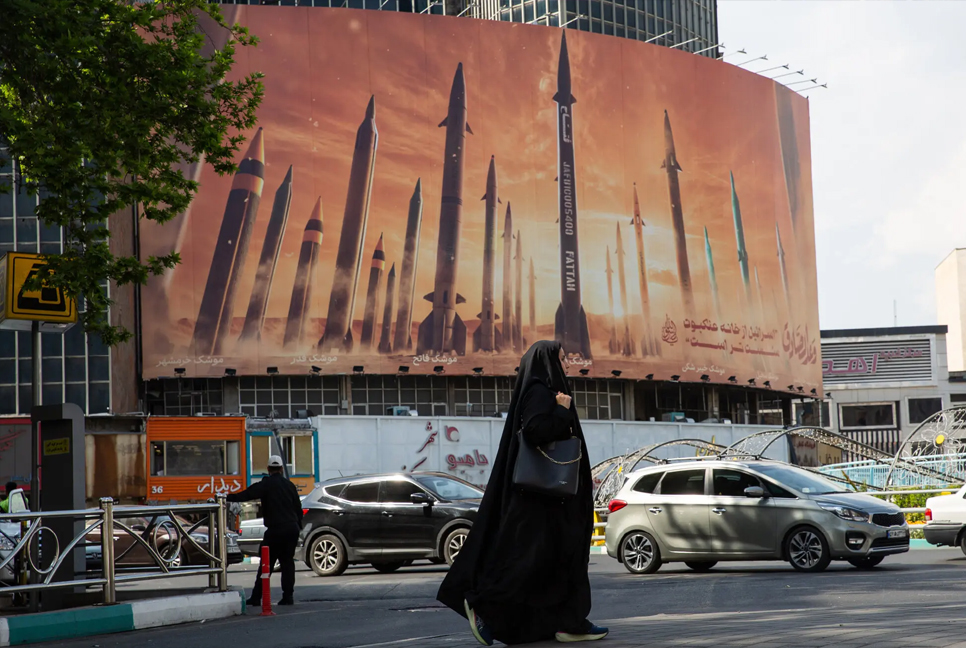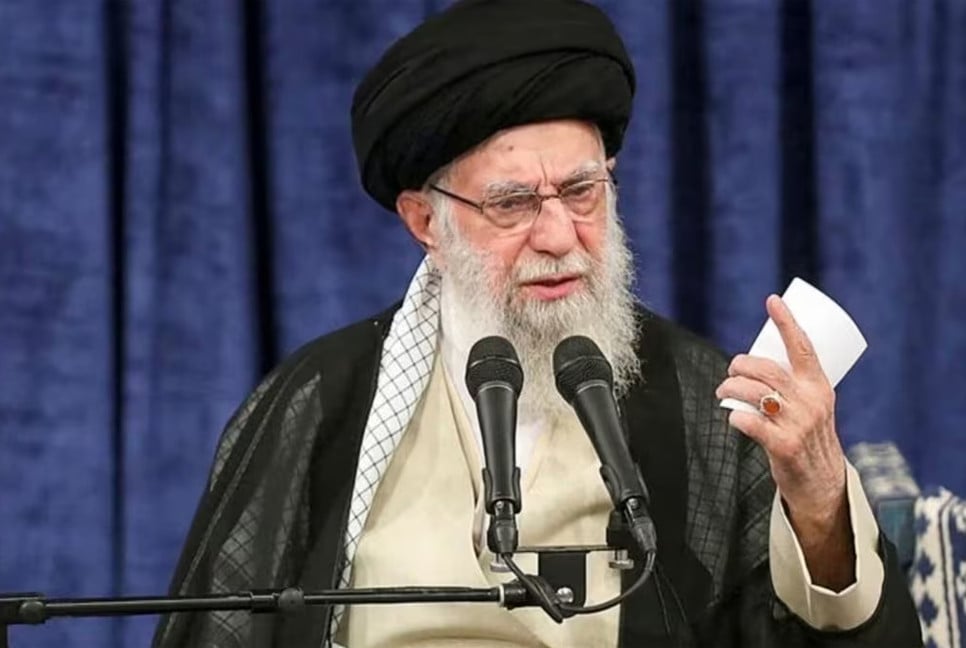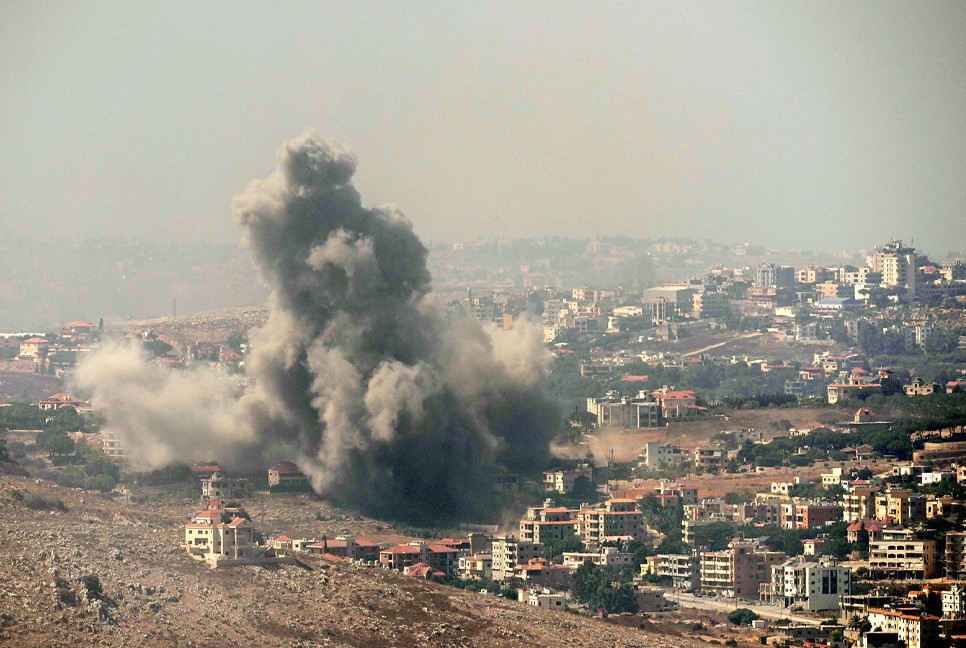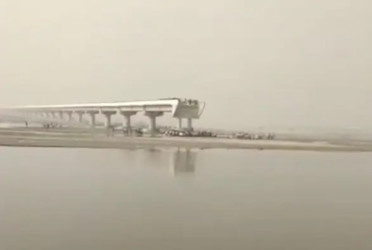Israel abandoned plans for a much more extensive counterstrike on Iran after concerted diplomatic pressure from the United States and other foreign allies and because the brunt of an Iranian assault on Israel soil had been thwarted, according to three senior Israeli officials.
Israeli leaders originally discussed bombarding several military targets across Iran last week, including near Tehran, the Iranian capital, in retaliation for the Iranian strike on April 13, said the officials, who spoke on the condition of anonymity to describe the sensitive discussions, reports New York Times.
Such a broad and damaging attack would have been far harder for Iran to overlook, increasing the chances of a forceful Iranian counterattack that could have brought the Middle East to the brink of a major regional conflict.
In the end — after President Biden, along with the British and German foreign ministers, urged Prime Minister Benjamin Netanyahu to prevent a wider war — Israel opted for a more limited strike on Friday that avoided significant damage, diminishing the likelihood of an escalation, at least for now.
Still, in the view of Israeli officials, the attack showed Iran the breadth and sophistication of Israel’s military arsenal.
Instead of sending fighter jets into Iranian airspace, Israel fired a small number of missiles from aircraft positioned several hundred miles west of it on Friday, according to the Israeli officials and two senior Western officials briefed on the attack. Israel also sent small attack drones, known as quadcopters, to confuse Iranian air defenses, according to the Israeli officials.
Military facilities in Iran have been attacked by such drones several times in recent years, and on several occasions Iran has said it did not know who the drones belonged to — a claim interpreted as Iranian reluctance to respond.
Image
One missile on Friday hit an antiaircraft battery in a strategically important part of central Iran, while another exploded in midair, the officials said. One Israeli official said that the Israeli Air Force intentionally destroyed the second missile once it became clear that the first had reached its target, to avoid causing too much damage. One Western official said it was possible the missile had simply malfunctioned.
The officials said Israel’s intention was to allow Iran to move on without responding in kind, while signaling that Israel had developed the ability to strike Iran without entering its airspace or even setting off its air defense batteries. Israel also hoped to show that it could hit those batteries in a part of central Iran that houses several major nuclear facilities, including an uranium enrichment site at Natanz, hinting that it could have also reached those facilities if it had tried.
Bd pratidin English/Lutful Hoque




































































